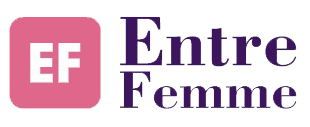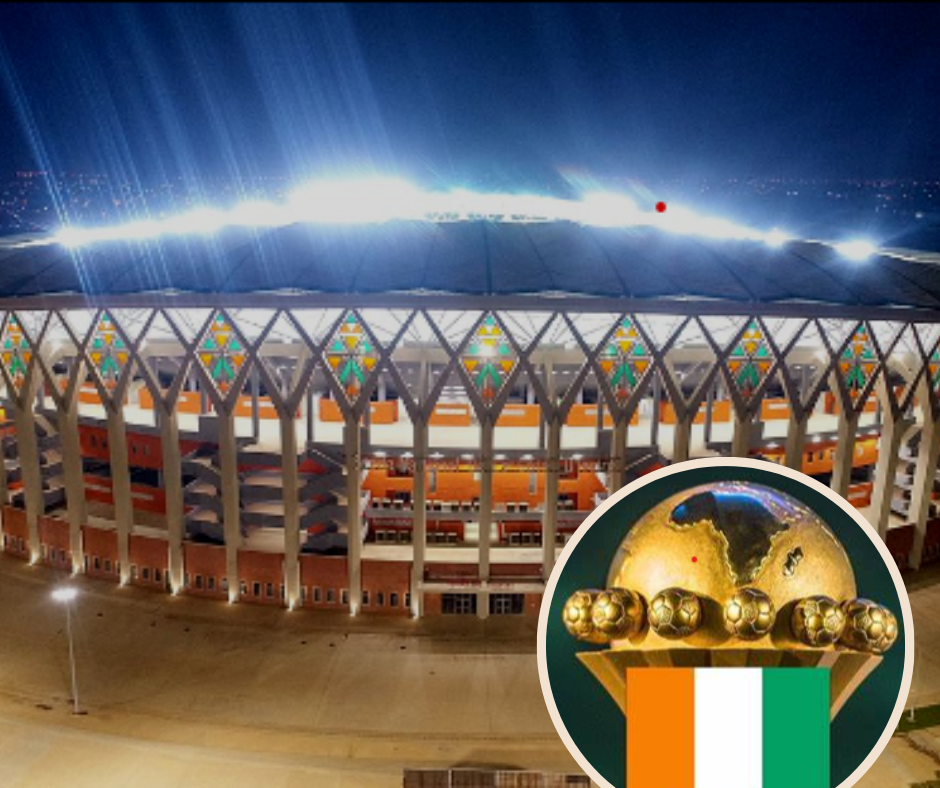5 Reasons Why You Can’t Miss The Africa Cup Of Nations 2024
Calling all football fanatics, Afrobeats aficionados, and cultural connoisseurs! Pack your dancing shoes, vuvuzelas, and passion for the beautiful game - the Africa Cup of Nations 2024 is gonna blow your mind!
- David Parker
- May 13, 2025
- 0 Comments
- 2327 Views
If you are a true fan of the Africa Cup of Nations like me, you must eagerly anticipate the upcoming event, namely the 34th EDITION OF THE AFRICA CUP OF NATIONS. But do you have all the details of the event? What are the key matches, the locations where the games will take place, the qualified countries, or any new rules? And many other questions... Don't worry; I am here to guide you and tell you everything you need to know. After reading this article, feel free to write to us in the comments or share your opinions on this historic event so we can have all the accurate information.
I. Schedule:
Before delving into that, let's start at the beginning. The Africa Cup of Nations, or CAN, will take place in Côte d'Ivoire from January 13 to February 11, 2024. It will be held in a total of 6 stadiums spread across the entire territory. The matches will be played in groups. Here is the official list of the CAN groups:
- Group A: Côte d'Ivoire, Guinea-Bissau, Equatorial Guinea, Nigeria.
- Group B: Mozambique, Cape Verde, Ghana, Egypt.
- Group C: Gambia, Guinea, Cameroon, Senegal.
- Group D: Angola, Mauritania, Burkina Faso, Algeria.
- Group E: Namibia, South Africa, Mali, Tunisia.
- Group F: Tanzania, Zambia, Democratic Republic of the Congo, Morocco.
This event will span three days, and here is the official schedule:
1. CAN 2024 – 1st Matchday:
Saturday, January 13:
Sunday, January 14:
Monday, January 15:
Tuesday, January 16:
Wednesday, January 17:
2. CAN 2024 – 2nd Matchday:
Thursday, January 18:
Friday, January 19:
Saturday, January 20:
Sunday, January 21:
3. CAN 2024 – 3rd Matchday:
Monday, January 22:
Tuesday, January 23:
Wednesday, January 24:
II. Stadiums and Viewing:
Regarding the stadiums, six mostly new stadiums have been made available for the CAN; here is a list:
- Olympic Stadium Ebimpé in Anyama with 60,000 seats
- Félix Houphouët-Boigny Stadium in Abidjan with 40,000 seats
- Peace Stadium in Bouaké with 40,000 seats
- Korhogo Stadium with 20,000 seats
- San-Pédro Stadium with 20,000 seats
- Yamoussoukro Stadium with 20,000 seats
Important note: The opening and closing matches will occur at Olympic Stadium Ebimpé in Anyama, a city on the outskirts of Abidjan.
III. Teams and Players:
Let's dive into the heart of the matter with a brief analysis from experts who agree that the Africa Cup of Nations 2023 should favor sub-Saharan African teams. Four nations stand out this year: Côte d'Ivoire, of course, but Cameroon and Senegal, the defending champions, finalists in 2019 and winners in 2021, a title they will have to defend.
Since the 2021 team, there haven't been significant changes, except for the inclusion of Moussa Niakhaté, who is performing well and partnered with Kalidou Koulibaly, a very physical and robust midfielder.
As for Nigeria, while adjustments are needed in defense, I think they are pretty powerful in attack. In the potential episode, players like Ademola Lookman from Atalanta BC or Samuel Chukwueze from Milan, among others, explain why Nigeria has the best attack in the qualification stages with 22 goals and Samuel Chukwueze as the top scorer with ten goals. We can also take a look at Morocco, the World Cup finalist.
Let's not forget Algeria; remember the qualifications, where they earned 16 out of 18 points, and the arrival of talented dual nationals like Houssem Aouar and Amine Gouiri, who are also familiar with the physical demands that this CAN could present.
Egypt, back with strengthened force to reclaim their title after holding it for a considerable period, is one of the most experienced teams in the CAN. With a group consisting of Ghana, Cape Verde, and Mozambique, the Pharaohs will be dangerous, led by international star Mohamed Salah, always present in major European encounters. Additionally, they incorporate many young national players well acquainted with African football.
As Sadio Mané mentioned, all these giants gather players playing in European teams, ensuring the hosting of a grand event.
In summary:
Favorites to Win the Africa Cup of Nations:
- Côte d'Ivoire, Cameroon, Senegal, Nigeria, Egypt, Morocco, Algeria.
Defending Champions of the Africa Cup of Nations:
- Senegal is the defending champion after their victory in 2021.
Key Matches of the Africa Cup of Nations:
- Key matches include top teams like Côte d'Ivoire, Cameroon, Senegal, Nigeria, Egypt, and Morocco.
Top Scorers in the History of the Africa Cup of Nations:
- Victor Osimhen (Nigeria) - 10 goals
- Patson Daka (Zambia) - 5 goals
- Sadio Mané (Senegal) - 5 goals
- Louis Mafouta (Central African Republic) - 5 goals
- Youssef Msakni (Tunisia) - 5 goals
- Dango Ouattara (Burkina Faso) - 4 goals
- Peter Shalulile (Namibia) - 4 goals
- Mohamed Amoura (Algeria) - 3 goals
- Ahoueke Steeve Kevin Denkey (Togo) - 3 goals
- Kamory Doumbia (Mali) - 3 goals
IV. Health during CAN 2024:
Fortunately, no incidents are anticipated, and there is no COVID-19-related danger. No new rules are likely to change the course of CAN 2024, and all necessary measures have been taken by Ivorian authorities to ensure the exceptional success of this event.
It is noteworthy that, in addition to standard security measures, Côte d'Ivoire has recently received equipment for radioprotection and detection of radioactive and nuclear materials from the International Atomic Energy Agency (IAEA). This equipment was handed over yesterday, Tuesday, at the National Institute of Public Health located in Plateau.
As part of this initiative, the IAEA has lent 176 devices for detecting radioactive and nuclear materials dedicated explicitly to CAN. This initiative aims to enhance security measures during this major sporting event.
Ten mobile clinical care and vaccination units were acquired and handed over during the handover ceremony. These units, funded for a total amount of one billion six hundred seven million seven hundred fifty thousand (1,607,750,000) CFA francs, including tax by the World Bank's Health-Nutrition Projects Coordination Unit, will play a crucial role in coordinating and managing the health aspects of CAN 2024.
V. CAN History Bonus:
1. What is the history of the Africa Cup of Nations?
The Africa Cup of Nations (CAN) is a major football tournament that brings together the best national teams in Africa. The first edition of the CAN took place in 1957 in Egypt, making it one of the oldest competitions of its kind. Since then, it has evolved into a biennial event, allowing African nations to compete for the continental title.
Over the years, the CAN has undergone various developments, including expanding the number of participating teams, changing the tournament format, and emerging exceptional footballing talents. The history of the CAN is marked by moments of glory, drama, and continental unity through football.
2. What impact does the Africa Cup of Nations have on the development of African football?
The CAN has significantly impacted the development of football in Africa. By showcasing African talents, the competition has contributed to the visibility of players and teams from the continent on the international stage. This has also spurred interest in football within African nations, fostering the development of sports infrastructure, youth programs, and initiatives to promote the sport at all levels.
Technically, the CAN has promoted improving the playing level of African teams by exposing them to high-level competition. African teams' successes and notable performances in other international competitions are often linked to the experience and competitiveness gained during the CAN.
3. What are some memorable moments in the history of the Africa Cup of Nations?
The history of the CAN is filled with memorable moments that have captivated football enthusiasts worldwide. From heroic victories to dazzling individual performances, each edition of the CAN has brought its share of unforgettable moments. Underestimated teams winning the title have spectacular turnarounds. These moments have contributed to shaping the reputation of the CAN as a dynamic competition full of surprises. Names like Roger Milla, Didier Drogba, Samuel Eto'o, and many others have written glorious chapters in the history of the CAN, making each edition a celebration of talent and passion for African football.

 | Unlock Success with Our Guide
| Unlock Success with Our Guide



0 Comments